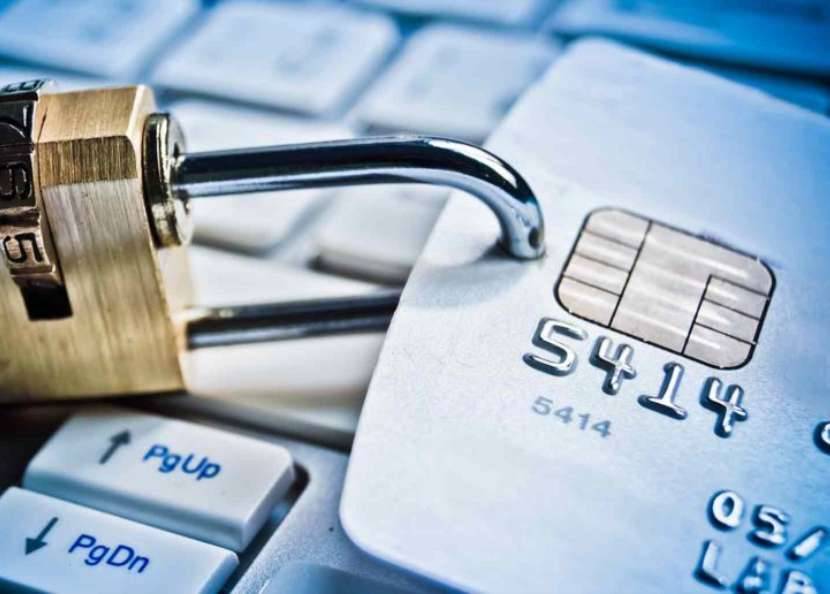04/01/2024
04/01/2024

KUWAIT CITY, Jan 4: The Central Bank of Kuwait has instructed banks and supervised entities, including exchange companies, to enhance their technical programs and systems. These systems are required to automatically issue alerts for operations and transactions on customer accounts based on various scenarios. The aim is to closely monitor and ensure their alignment with available client information, as part of the ongoing efforts to combat money laundering and terrorist financing.
Banks are mandated to promptly notify the Kuwaiti Financial Investigation Unit of any suspicious transaction or attempted transaction as soon as there is sufficient evidence to warrant suspicion. The Central Bank emphasizes the need for banks to continually update their procedures and systems to comply with the latest international requirements and recommendations in combating financial crimes.
Within the framework of the responsibilities outlined in Law No. 106 of 2013 related to combating money laundering and terrorist financing, the Central Bank conducts field inspections to verify banks' adherence to the law, its regulations, and related decisions. The regulatory body does not hesitate to impose strict financial penalties, reaching a maximum of 500 thousand dinars, for any violations. Penalties are presented at the general assembly meeting of the violating bank.
The Central Bank is committed to its role in combating financial crimes and closely monitors supervised entities to ensure compliance with legal requirements, instructions, and decisions issued by the bank. It remains vigilant in enhancing the strength and integrity of the banking and financial sector, fostering cooperation with relevant parties, including the Investigation Unit and judicial authorities.
Regarding suspicious operations, financial institutions, including banks, are mandated by Article 12 of the law to notify the Investigation Unit, not the Central Bank, without delay if there is evidence of funds being derived from a crime or linked to money laundering or terrorist financing.
Entities supervised by the Central Bank adhere to their duties as stipulated in the law and decisions issued by sanctions committees, ensuring compliance with regulations such as those outlined by the Office of Foreign Assets Management at the US Treasury Department (OFAC). The Investigation Unit, an independent entity not affiliated with the Central Bank, is responsible for receiving reports, requesting information, and analyzing data related to suspected proceeds from a crime or funds linked to illicit operations. If sufficient evidence is found, the unit informs the Public Prosecution and refers the information to competent authorities for necessary actions.


